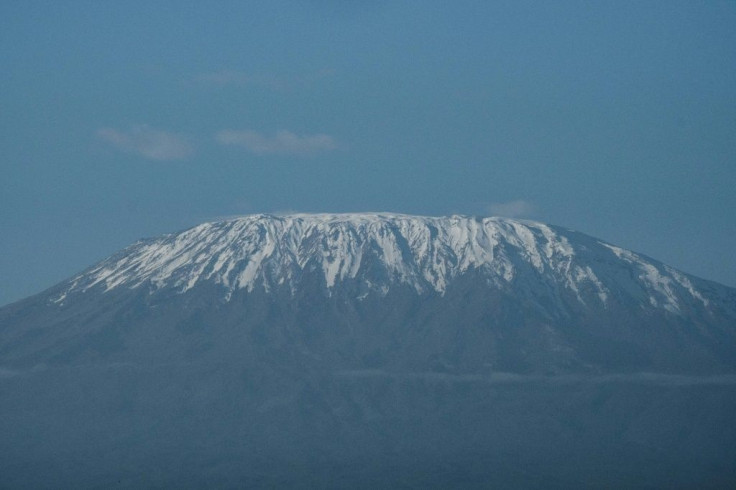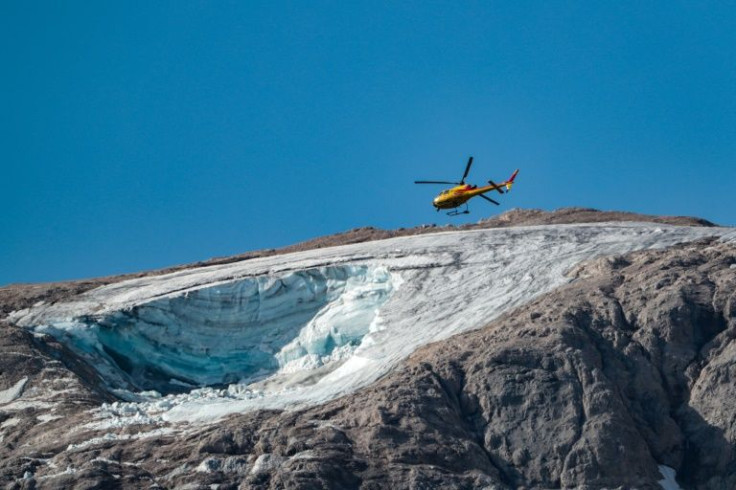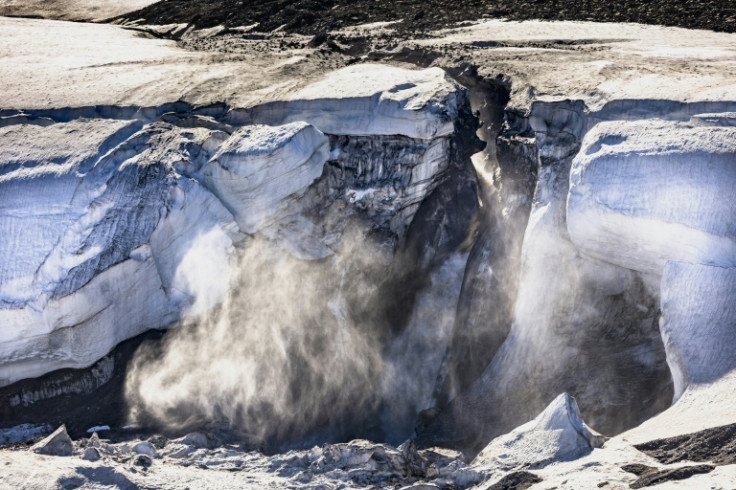Glaciers Worldwide, Including Kilimanjaro, Yellowstone, Yosemite, To Melt By 2050: UN

Some of the best-known glaciers worldwide, including the last one in Africa, will melt by 2050 because of climate change, according to a new United Nations report.
The report released Wednesday warned that one-third of the glaciers found in 50 World Heritage sites can't be saved, including Africa's last glacier on top of Tanzania's Mt. Killamanjaro. The other two-thirds can be spared if the world-wide temperature rise can be kept below 1.5 degrees Celsius, or 2.7 Fahrenheit, in that time.
Glaciers in the Swiss Alps and the U.S National Parks of Yellowstone and Yosemite are also expected to disappear.
Scientists based their predictions on satellite data that tracked the movement of receding glaciers. The report identifies 18,600 glaciers across 50 U.N. World Heritage sites, which compose almost 10% of the Earth's glacier areas. The majority of the glaciers threatened also serve as major tourist destinations and are vital to local economies. The melting glaciers are putting the communities that rely on them at economic risk, the report concluded.

The report called the glacial retreat and disappearance some of "the most dramatic evidence that Earth's climate is warming."
A separate report from the U.N. Environment Program found the world was failing to meet goals set by the Paris Climate Agreement and that there was "no credible pathway" to limiting temperature rise to 1.5 Celsius.
"Only an urgent system-wide transformation can avoid climate disaster," the report states.
The glacial report concluded that World Heritage ice melt potentially caused up to 4.5% of global sea level rise between 2000 and 2020. The glaciers cited in the study lose 58 billion tons of ice annually. The continuous melt leads to increased flooding, rising sea levels, loss of fresh water and economic decline.
In August, it was reported that glacial melt in the Swiss Alps threatens Europe's water supply and loss of ice is causing a culture shift in Greenland, threatening the local way of life.

The 2022 United Nations Climate Change Conference, COP27, opens Sunday in Cairo and world leaders are expected to gather and discuss climate-change solutions.
© Copyright IBTimes 2024. All rights reserved.





















